The underlying assumption is that our students can't read. I've talked about my efforts to teach phonics in my middle school classroom on previous posts. And I've done a lot of reading about the best way to teach students to read without using the canned programs aimed at much younger students.
Frankly, most teachers I interact with (both in person and in online spaces) feel like the ship has sailed, and their job is to do whatever they can to teach grade level standards. Some of that is that secondary teachers aren't trained to teach the mechanics of reading. I never took a linguistics class, and I never learned the explicit rules of phonics after getting them when I learned how to read as a child. And a good bit of that is that there are lots of half-hearted measures given to secondary teachers that are aimed at elementary students, so are badly received and under-supported in the implementation.
I do think there are good reasons why most middle and high school teachers don't teach reading. However, I don't think those are reasons why they shouldn't.
I would argue that our job as secondary English teachers has changed. It's no longer just teaching students to love reading and giving them access to texts that help them expand their skills, their worldview, and their ability to empathise with others. Our job is now to teach our students HOW to read.
One thing I've learned as I've started down this path is that there is a lot about English I didn't know. Kids would ask why a word was spelled a certain way, or why C has so many different sounds, or where a word came from, and I didn't know. I understood grammar to a pretty high level (thanks to some amazing college professors), and I was an excellent writer. But I didn't know nearly enough about the history of the English language, and how that history influences how we sound and how words are spelled.
In designing a program to teach my students how to read, I also needed to learn the history of the language, and the code of how the language is put together. As it turns out, I've been telling students that English "doesn't make sense" when it actually DOES. The reason doesn't always seem satisfying (I joke that it almost entirely comes down to two reasons: "medieval monks" or "English speakers are lazy"), but there are reasons for why we do what we do in English.
So that leads to two big questions: how do teachers bridge the knowledge gap in understanding the English language, and what do we do in the classroom to help our students also bridge that gap?
Here's what I've done so far:
- Read a lot of books. The most helpful ones were: Uncovering the Logic of English, Speech to Print: Language Essentials for Teachers, Essentials of Understand


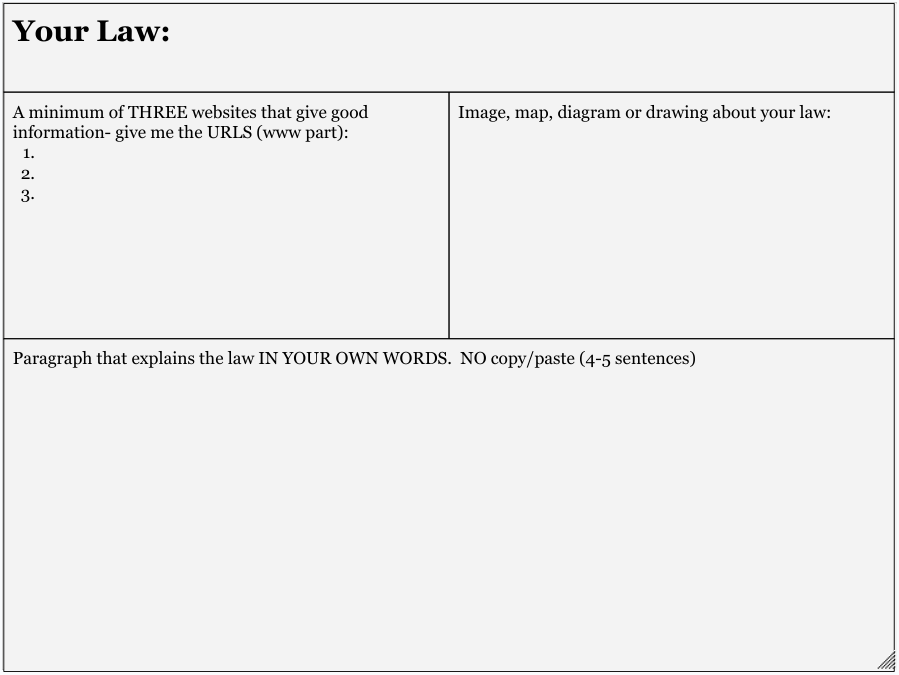
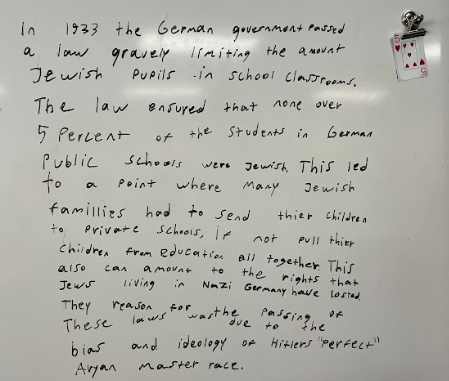
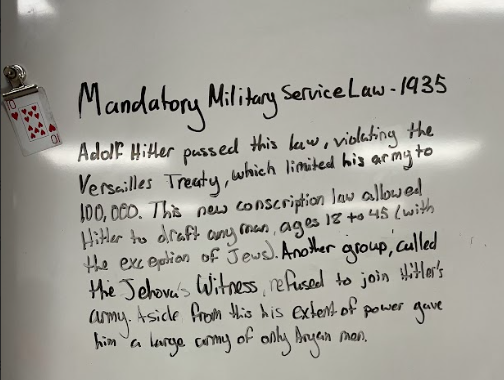
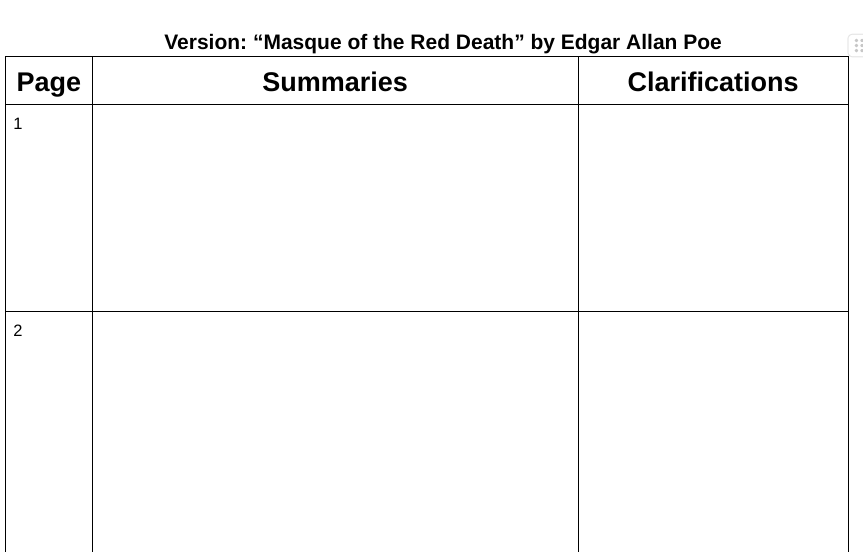
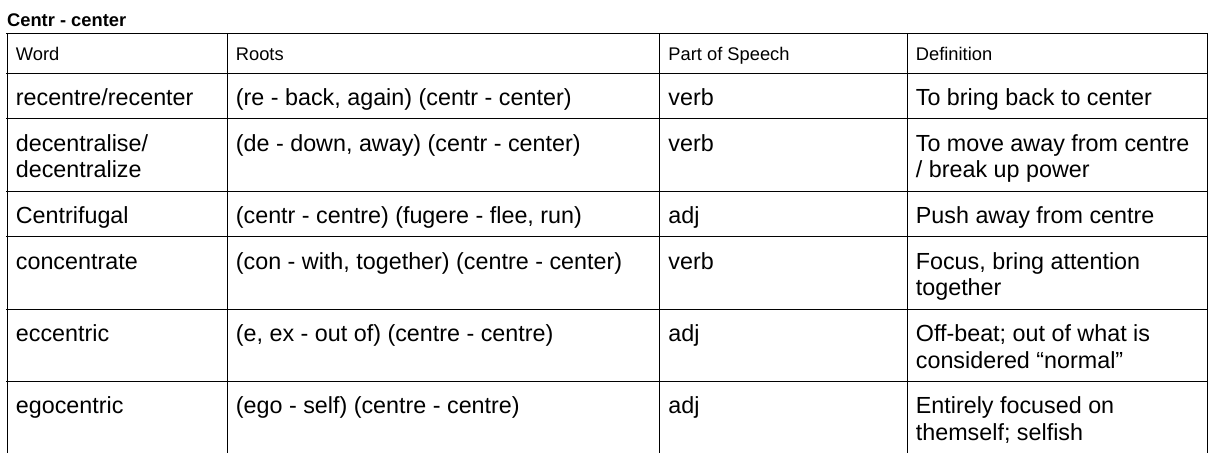
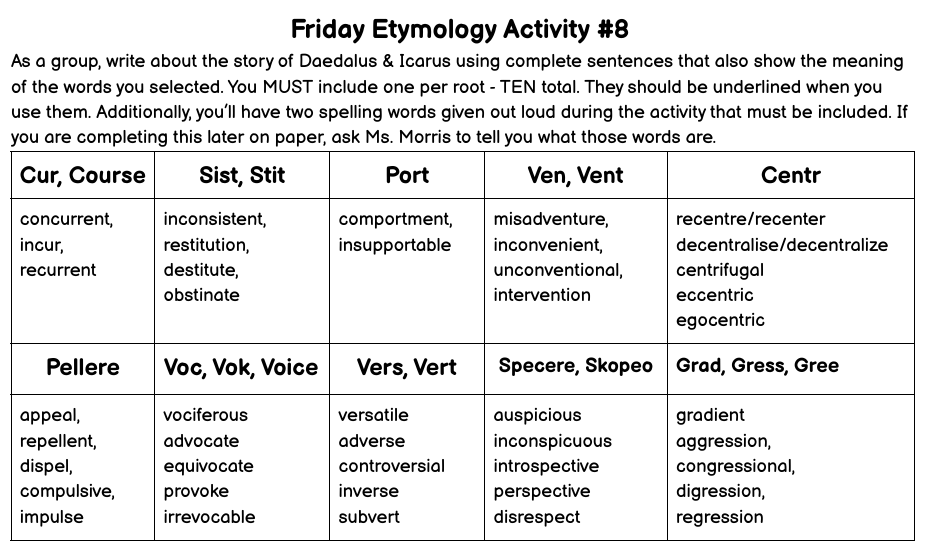
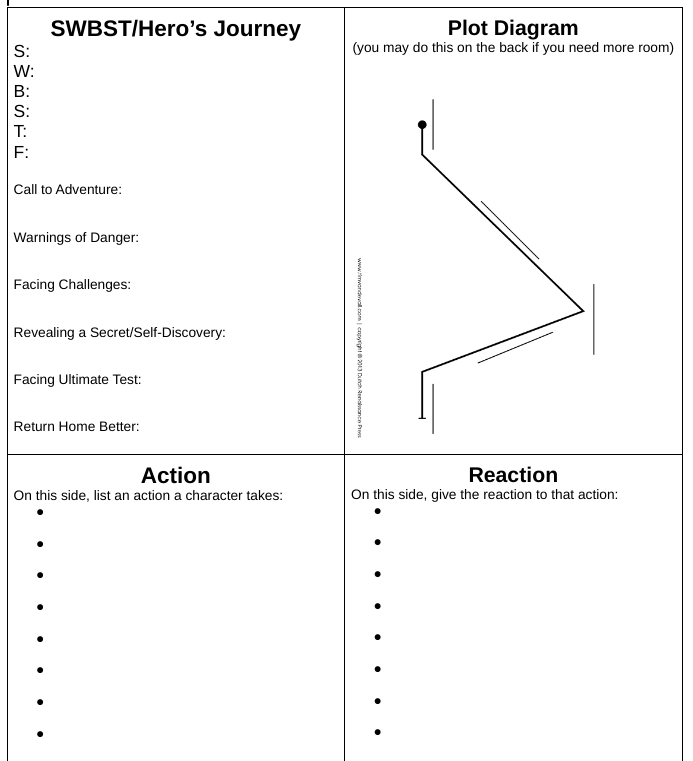
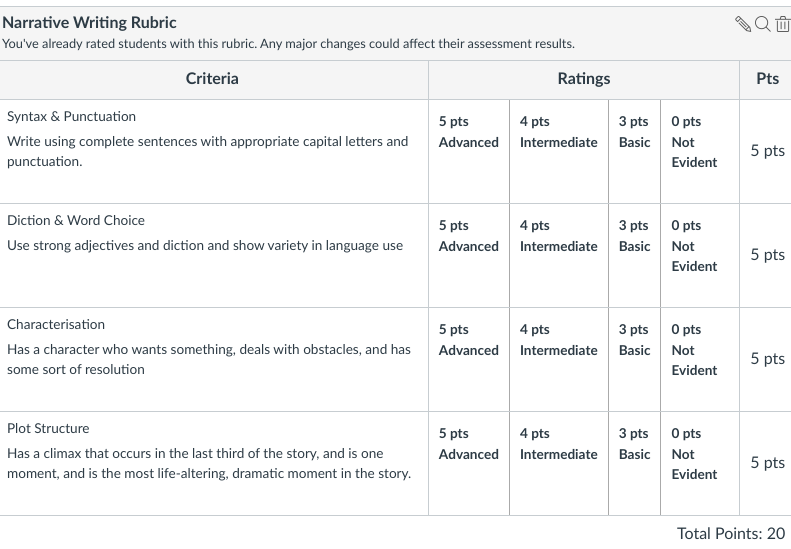

 RSS Feed
RSS Feed
